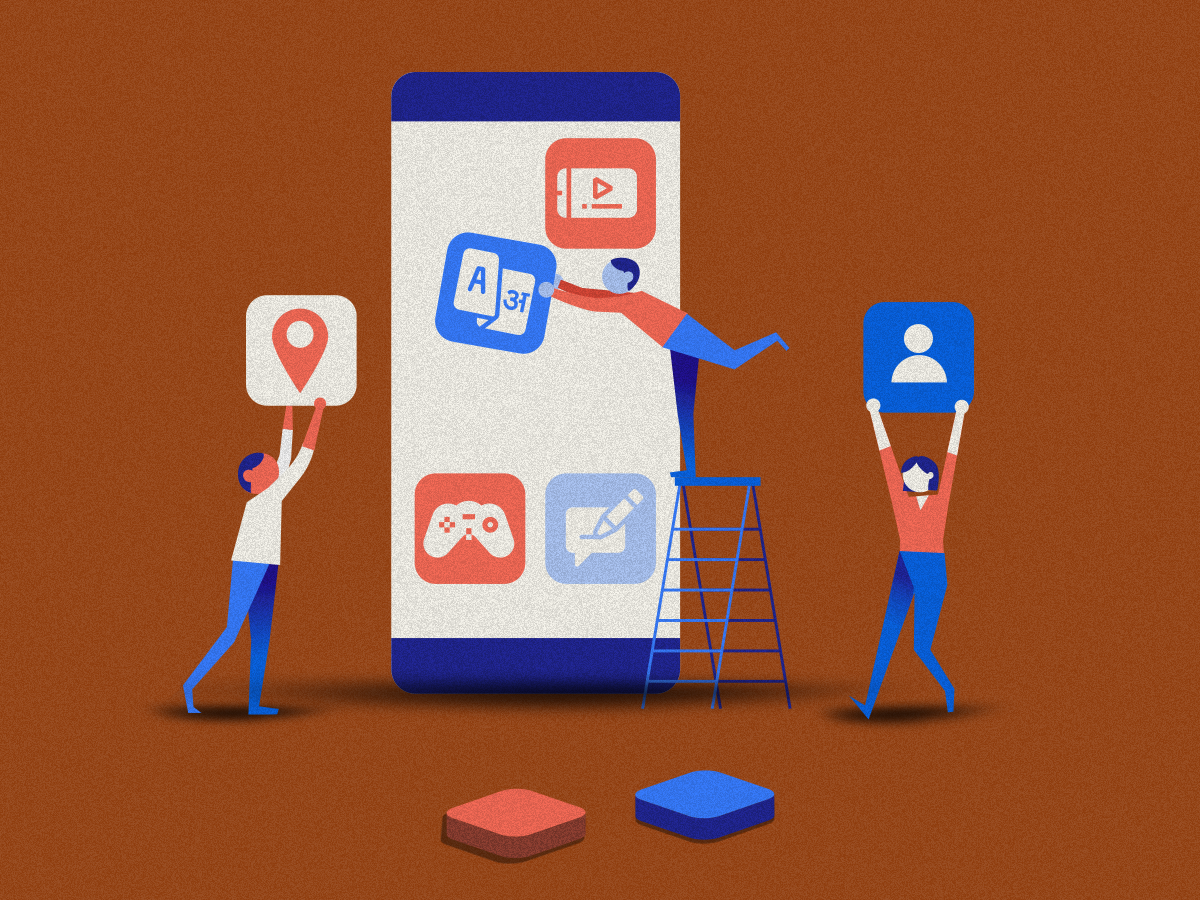
For years, Google and Apple have charged a 30% commission for apps selling digital goods on their app stores. While Apple has been strict with this fee, Google has typically been lax about it, due to which companies like Netflix, Spotify, Tinder among others have bypassed this system to avoid paying the fee. That’s changing now.
In a blog post, Google clarified that it will be more explicit on this enforcement in the forthcoming future. Interestingly, this comes at a time when Google and Apple are engaged in a lawsuit with Epic Games over the removal of the popular game ‘Fortnite’ for alleged violation of their policies.
Impact: This change is expected to impact less than 3% of apps that are currently not using the company’s billing system, said Sameer Samat, vice president of Product Management at Google.
Affected companies have until September 30, 2021 to comply with these rules, while new apps submitted after January 20, 2021, will also have to abide by them. Google will also be making changes in Android 12 to make it even easier for people to use other app stores on their devices.
What qualifies as in-app purchases? In-app purchases of digital goods like buying game tokens, virtual items or subscriptions bought from within the app will be counted as in-app transactions. See the full list here.
Buying physical goods or subscriptions outside the apps will not be under the purview. Developers can also offer a ‘consumption only’ app with no in-app transactions. Google Play will not have any limitations over developers communicating directly to customers about pricing, offers, and alternative ways to make payments outside the app. They also have the option to monetize their apps on other Android app stores.
New additions: Google seems to have added new categories like education, dating, and fitness to this policy, as pointed out by former Paytm executive Deepak Abbot. The tech giant, however, will give some pandemic-hit businesses, especially those who had to move their physical services online, the ability to opt-out of its payment policies for the next 12 months, according to TechCrunch.
If Google & Apple were to charge same MDR as PGs, they will revolutionize in-app payments. Many devs will actually… https://t.co/tsQJN5HZnx
— deepakabbot (@deepakabbot) 1601350082000
@Pranavenstein @deepakabbot It’s not the same thing.Google Pay is PG service.This is distribution. Other example… https://t.co/vEkMi14X8G
— Sandeep Srinivasa (@sandeepssrin) 1601359796000
So what’s the problem? The key issue pertains to the 30% commission fee, which several developers term as “extremely high” and “unfair”. Google and Apple currently dominate the mobile operating systems and their app stores have mostly become the default channel for developers to distribute their apps. Android powers around 98% of the smartphones in the country, according to the research firm Counterpoint Research.
This 30% tax by Google & Apple appstores has “Dugna Lagaan Dena Padega” written all over it!Keep aside nationalis… https://t.co/3sIMr8ciia
— Amit Ranjan (@amitranjan) 1601358523000
These app stores also make it easier for companies to acquire users and collect payments from users. So, one could argue that developers don’t have much choice if they want significant distribution for their respective apps, although real money games like Dream11 and MPL have thrived outside the Play Store.
Like gaming maybe dating and education apps may soon get off app stores and get users to “side load” in hopes to save costs.
— Kunal Shah (@kunalb11) 1601357631000
Another key issue is Google and Apple offering their own competing services. As PhonePe chief executive Sameer Nigam recently said:
“The problem is Play Store distribution gives every Google vertical product, a huge distribution edge, where we spend hundreds of millions of dollars, they get it for free. For years, you could not advertise on any Google brand name. I could not advertise against Google Pay. But every single PhonePe or Paytm user sees a download Google Pay app ad on Play Store every single time,”
App store monopoly concerns: What this clarification likely did was adding fuel to the fire. Concerns of app store monopoly recently emerged in India after Google briefly took down Paytm earlier this month for alleged violation of its app policies. In an interview with ET, Paytm chief executive Vijay Shekhar Sharma had stated plans of forming a coalition of domestic startup founders in its ‘fight’ against the Internet giant.
Read full interview with Vijay Shekhar Sharma: No American or foreign company should control the destiny of Indian startups
Indian tech industry’s reaction
Reducing efficiency and increasing price is the definition of Monopoly. Apple and Google app stores do both when th… https://t.co/8UbYVZG9HI
— Shreyas (@sshreyas) 1601362445000
@amitranjan @vijayshekhar Absolutely. Not just indie devs, it also affects large businesses. Apple & Google can pus… https://t.co/ak3RlXTDI6
— Hrishikesh Pardeshi (@hrishiptweets) 1601361181000
30% GateKeeping fees. Startups and consumers have very little choice. #DigitalMonopolies https://t.co/9YLvHbzP2U
— Arvind Gupta (@buzzindelhi) 1601360946000
Leave a Reply